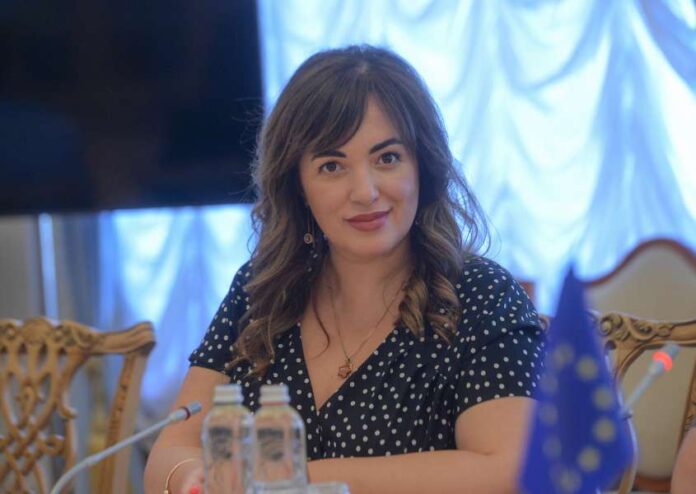Budget deficit and Belgium's blockade of Russian assets
In the spring of 2026, Ukrainians may face serious problems in receiving social benefits. This was warned by the head of the Budget Subcommittee of the Verkhovna Rada of Ukraine Yulia Zaburanna, She emphasised the critical state budget deficit. According to her, without resolving the issue of the use of frozen Russian assets, the financing of pensions, subsidies and other payments will be in question.
In his interview with the Focus.ua The MP detailed the risks associated with financing the social sector. “The state budget deficit for 2026 is about UAH 1.5 trillion, and a significant part of these funds was supposed to come from the West through the mechanisms of using the frozen assets of the Russian Federation,” Zaburanna said. According to her estimates, without additional resources, pensions and social assistance payments to vulnerable groups may be suspended or significantly reduced in the second quarter of next year. This will affect millions of Ukrainians who rely on state support in times of war and economic crisis.
What is the threat of a shortage of funds?
The problem is exacerbated by Belgium's position, which blocks the initiative to use Russian frozen assets to help Ukraine. The Belgian side categorically opposes such use of funds, arguing that there are legal risks and possible lawsuits from Russia. “If the issue is not resolved at the EU level by the end of 2025, there will simply not be enough money for social security,” the channel quoted a source in Brussels government circles as saying.
Expert opinion
Experts point out that the frozen assets of the Russian Federation, estimated at more than €300 billion, are a key source for covering the Ukrainian budget deficit. However, there is still no consensus among EU countries: while Poland, the Baltic states and the UK support the transfer of these funds to Ukraine, Belgium and some other states fear a precedent that could undermine international law. “It's not just money - it's a matter of survival for millions of Ukrainians,” Zaburanna stressed, urging the government to speed up negotiations with partners.
The Ministry of Finance of Ukraine is already preparing alternative scenarios, including cutting other expenditures and looking for internal reserves. At the same time, the Verkhovna Rada is planning an urgent discussion of the draft law on the 2026 budget, where the key point will be to find sources of funding for social programmes. If Brussels does not change its position, the government may resort to emergency loans from the IMF, which, according to analysts, will lead to higher inflation and debt burden.
Context.
The situation with Russia's frozen assets remains one of the hottest topics in the international arena. Earlier, in July 2024, the G7 agreed to use the profits from these assets to provide a $50 billion loan to Ukraine, but the full transfer of the principal is being blocked due to the position of certain countries. Economists warn that the delay could cost Ukraine up to 10% of GDP in 2026.




